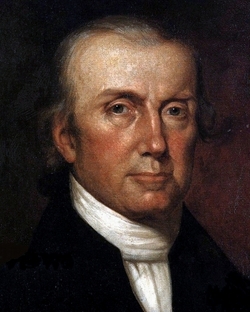A Quote by Plutarch
It is not histories I am writing, but lives; and in the most glorious deeds there is not always an indication of virtue or vice, indeed a small thing like a phrase or a jest often makes a greater revelation of a character than battles where thousands die.
Related Quotes
A vice sanctioned by the general opinion is merely a vice. The evil terminates in itself. A vice condemned by the general opinion produces a pernicious effect on the whole character. The former is a local malady; the latter, constitutional taint. When the reputation of the offender is lost, he too often flings the remainder of his virtue after it in despair.
Idleness is the grand Pacific Ocean of life, and in that stagnant abyss the most salutary things produce no good, the most noxious no evil. Vice, indeed, abstractedly considered, may be, and often is engendered in idleness; but the moment it becomes efficiently vice, it must quit its cradle and cease to be idle.






































